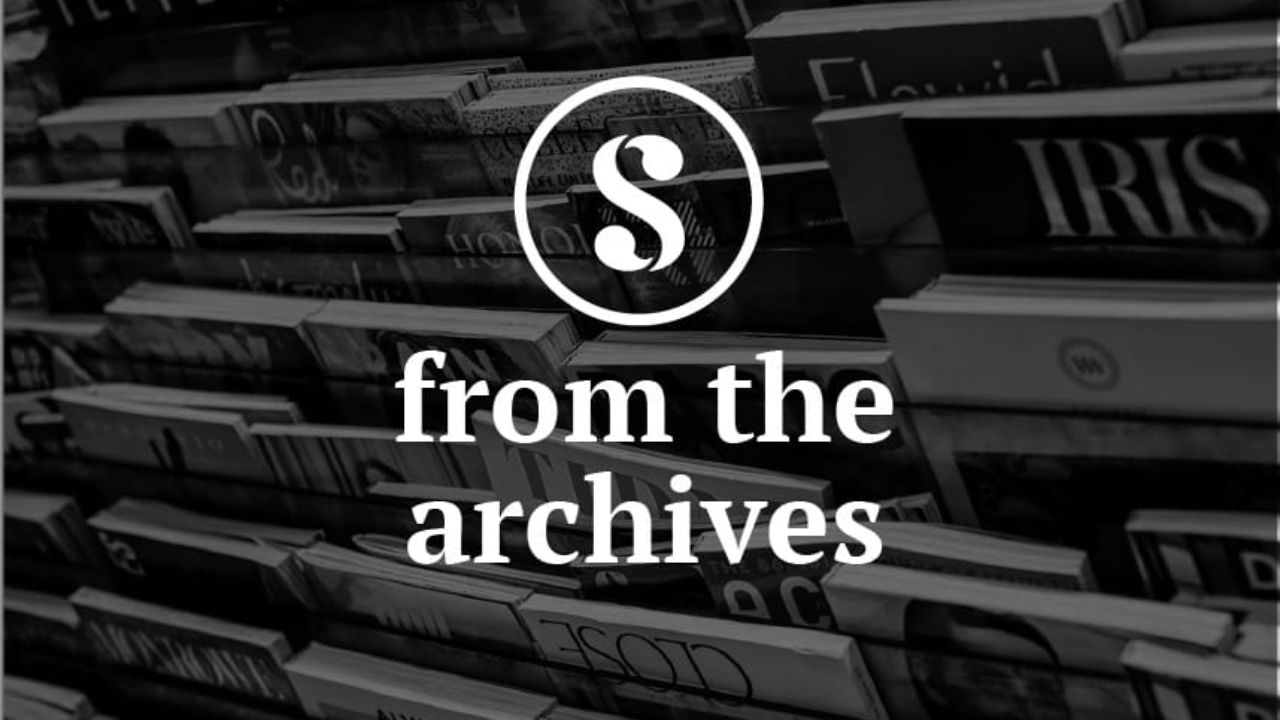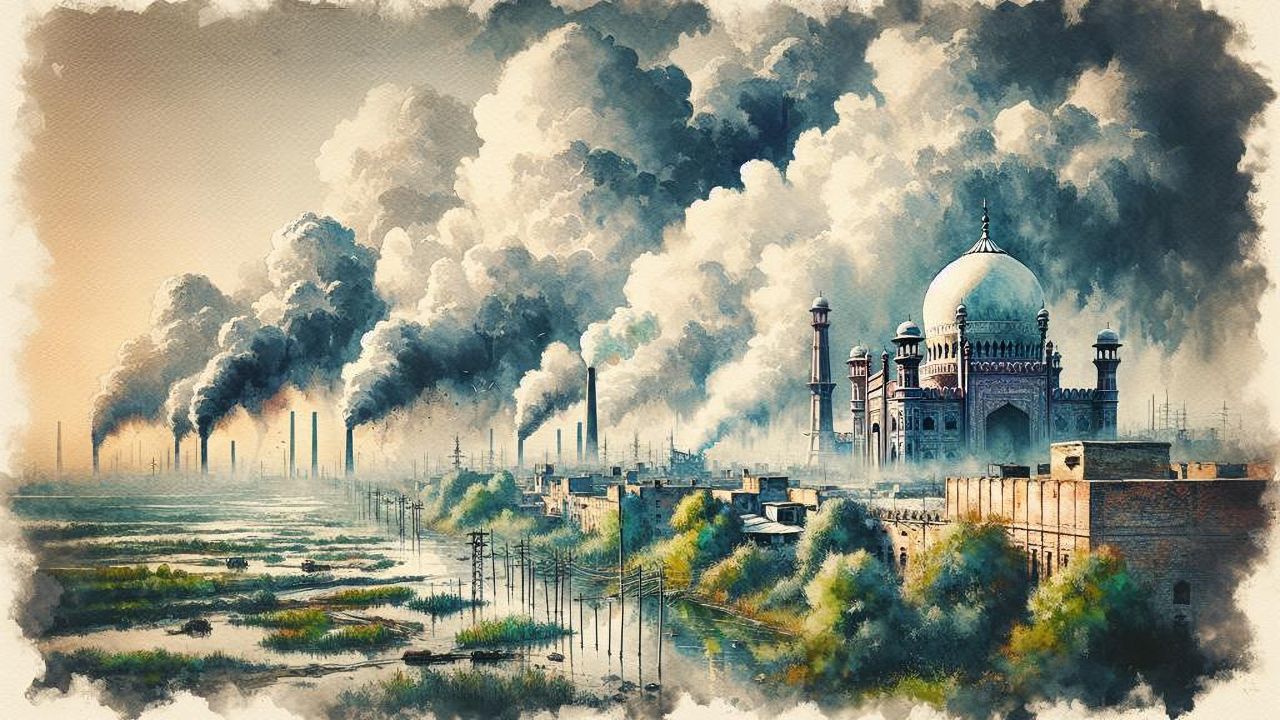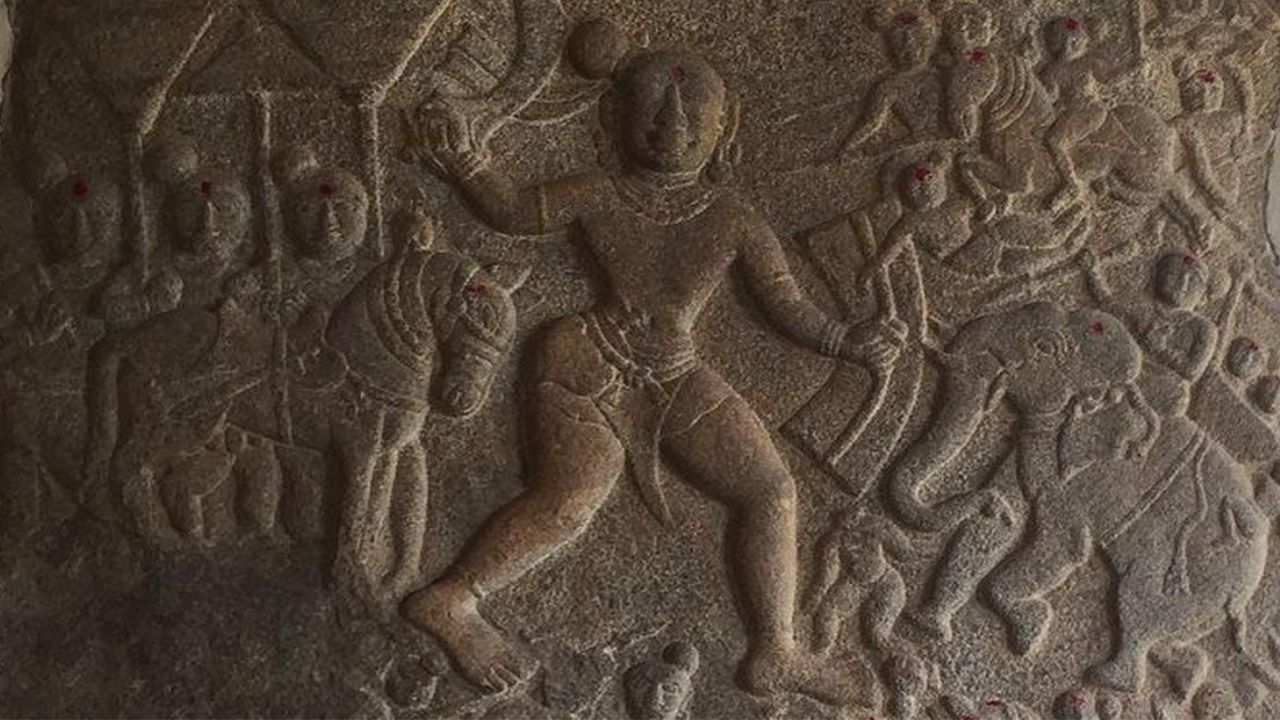Headlines that matter
A SMEAR CAMPAIGN AGAINST FARMERS
Over the weekend, government ministers launched a full-court campaign to tar the protests as driven by Naxals, Pakistani plants
and Khalistanis. Law Minister Ravi Shankar Prasad promised “stern action” against the “tukde tukde gang,” while another minister
Piyush Goyal spoke of Maoist elements. And TV coverage—based on “intelligence inputs”—looked kinda :
The farmers: have dismissed efforts to label and divide the movement. has their response. While protesters from Rajasthan,
Haryana, Punjab and several other states on the Delhi-Jaipur Highway—when they were blocked from going to Delhi. Rajasthan farmers
brought their cows along for the ride (see ). Another are expected to join the protests at the Delhi border.:
A quick round up of the rest:
* The farmers’ demand for a legally guaranteed minimum support price has found an unexpected supporter: (We explained what
guaranteed MSP means ).
* The Indian Railways did its bit for the government’s PR campaign. The IRCTC sent out nearly with a 47-page booklet—which
details 13 decisions PM Modi has taken to benefit the Sikh community.
* Indian military veterans are camping at the Delhi border, waiting to return 5,000 gallantry medals. They plan to collect a over
the next couple of days.
* Meanwhile, 188 farmers in Punjab have over the last 200-plus days—which is when the farm laws were first proposed. Point to
note: The data is sourced from the unions.
* Indian law students have a new hobby: petitioning the Supreme Court on hot-button issues. On the heels of petitions against
Kunal Kamra and Rachita Tanja, another wannabe lawyer has moved the court seeking of the protesters—citing Shaheen Bagh as a
precedent. And because lakhs of farmers will meekly move because the Chief Justice says so?
* A related read: explains why at least two of the three farm laws may be held unconstitutional. For a counterview: Read Vivek
Dehejia who argues that this is Modi’s ‘Margaret Thatcher’ moment in .
* captures the core crisis that has driven farmers to desperation: falling crop prices. Or better yet, watch of farmers in Bihar
talk about their predicament. They also explain why they aren’t protesting.
WORKERS RIOT AT IPHONE FACTORY
More than in Karnataka went on a rampage—smashing windows and burning cars—at an iPhone manufacturing plant owned by the Taiwanese
company Wistron. : They haven’t been paid their full wages for months:
> “We were hired as contract workers with a monthly salary of about Rs 16,000. But I was paid only Rs 11,000 last month. They
> always cite vague reasons like wrong punching (attendance) to cut our salaries”
And while promised an eight-hour shift, the workers were forced to work 12 hours instead:
> “We have been made to work even on our festivals with the promise of overtime allowances. But once the work is done, our
> managers refuse to pay for the overtime and ask us to take a compensatory off.”
The government the “wanton” violence, but promised the workers’ concerns will be addressed. Wistron a police complaint alleging
that it has suffered Rs 4.37 billion in losses.
Also in trouble: Republic TV CEO Vikas Khanchandani who has been arrested by the Mumbai police in connection to the fake ratings
case (explained ). He has been remanded to police custody for two days. has more details.
A ‘LOVE JIHAD’ TRAGEDY IN UP
Rashid Jahan was arrested in Uttar Pradesh when he and his wife Muskan attempted to register their five-month marriage. The
Bajrang Dal surrounded the couple, Rashid and his brother were arrested, and a pregnant Muskan was sent to a shelter home. She
called her mother-in-law to say that she had bled profusely and lost the baby. UP officials that Muskan has been admitted to a
hospital, but insist, “her pregnancy is intact.” The is the only source that has this story—but registration is required.
THE GREAT PANDEMIC: A QUICK UPDATE
* AstraZeneca and the Russian government-run Gamaleya institute are planning to test of their vaccines—Oxford and Sputnik V,
respectively. They will start human trials to test a one-dose combination that may prove more effective than either one alone.
FYI: Both Oxford and Sputnik are holding human trials in India.
* The of the Pfizer vaccine rolled out in trucks today—marking a historic milestone.
* Germany will go into a over Christmas in response to record levels of cases.
* The World Health Organisation has of conspiring to cover up a report that shows it botched the initial response to the
pandemic. The reason: Italy’s pandemic plan had not been updated since 2006 and hence, the initial response from hospitals was
“improvised, chaotic and creative.” Why does WHO care: WHO’s assistant director general Ranieri Guerra was in charge of this
aspect of Italy’s planning between 2014 and late 2017.
* Also caught covering up: Disney, which was onto the photos of maskless guests taking rides at Disney World—the kind you can buy
after you get off a rollercoaster etc. As per the rules, all visitors have to wear a mask except when eating or drinking. But
many took them off during the rides—and were free to scream and spread.
* explains why Tamil Nadu may get more vaccine doses than, say, Bihar. The short answer: greater number of older people, and
those with comorbidities.
* reports on the stress faced by Indian cricket players in the quarantine bubble in Australia.
* acquired a military-grade camera to record how exhaled breath spreads an airborne virus. Definitely !
TWO SURPRISING NEW STUDIES
One: Earth’s greatest disasters—the kind that decimate entire species—are typically triggered by asteroid collisions. That would
seem like random bad luck, right? Wrong. A new study shows that such “widespread die-offs” follow a cycle of about 27 million
years. The reason: The solar system passes through the crowded part of our Milky Way galaxy about every 30 million years. During
those times, comet showers become highly likely—and our orbit puts us right in their path. It’s kinda like sauntering across a
jam-packed Indian road. The good news: we still have another 20 million years. ()
Two: Researchers spent 52 hours watching popular children’s programmes—including movies like ‘The Secret Life of Pets’,
‘Despicable Me 2’, ‘Finding Dory’, and shows like ‘Sofia the First’, ‘Peppa Pig’ etc. They found that children are averagely
exposed to nearly nine examples of physical pain. The bad news: 79% of such moments involved violence or serious to moderate
injuries. Even :
> “The researchers report a universal lack of empathy to a character in pain. Of the painful incidents, 75% were witnessed by
> others and in 41% of cases, characters did not seem especially responsive. Empathy was measured by whether the characters showed
> concern (by helping, making vocal remarks giving advice) or indifference (turned away from or ignoring the sufferer).”
THREE UNHAPPY BITS OF GENDER NEWS
One: An Iranian teenager has been sentenced to 10 years in prison. Her crime: posting distorted images of herself on
Instagram—using makeup and Photoshop (see an below). She was charged with corruption of young people and disrespect for the
Islamic Republic. ()
Two: Musician FKA twigs has filed charges against actor Shia LaBeouf, accusing him of “relentless abuse,” including sexual
battery, assault and infliction of emotional distress. She is the second former girlfriend to do so. LaBeouf blames his behaviour
on his PTSD and alcoholism, but also denies the allegations are true—and insists he owes the women “the opportunity to air their
statements publicly and accept accountability for those things I have done.” 🤮 ()
Three: thought it fit to publish an op-ed by Joseph Epstein on Jill Biden which read:
> "Madame First Lady—Mrs. Biden—Jill—kiddo: a bit of advice on what may seem like a small but I think is a not unimportant matter.
> Any chance you might drop the 'Dr.' before your name? 'Dr. Jill Biden' sounds and feels fraudulent, not to say a touch comic.
> Your degree is, I believe, an Ed.D., a doctor of education, earned at the University of Delaware through a dissertation with the
> unpromising title 'Student Retention at the Community College Level: Meeting Students' Needs.”
He went on to advise her to quit her job: "Forget the small thrill of being Dr. Jill, and settle for the larger thrill of living
for the next four years in the best public housing in the world as First Lady Jill Biden." has more on the instant backlash. FYI:
Epstein only has an honorary doctorate.
AMBANI TOPS YET ANOTHER FAT CAT LIST
Yes, Mukesh-bhai is the richest sports owner in the world. Wait, isn’t Mumbai Indians owned by Nita-Bhabhi? In any case, he is
followed by former Microsoft CEO Steve Ballmer who owns the NBA team LA Clippers, and Zara founder Armancio Ortega, and owner of
the Spanish football team Deportivo La Coruna. Point to note: When drew up the same list in April, Steve Ballmer was #1. The
pandemic has been very kind to Mukesh-bhai’s net worth. ()
A $300,000 PAINTING IS TRASHED, LITERALLY
German police retrieved a very pricey Surrealist painting by French artist Yves Tanguy from a trash can at Düsseldorf Airport. A
businessman accidentally left it behind at the check-in counter, and it ended up in the recycling bin—where it was traced after an
extensive police-led search. ()
SAY HELLO TO AMERICA’S FASTEST DOG!
Rescue puppy Phelan—a delightful oatmeal-hued mish-mash of greyhound, borzoi, and Scottish deerhound—completed a 100-yard dash in
6.346 seconds (at a speed of 32.3 miles per hour). She is now the official champion of the Fastest Dog USA competition. has the
story.

Smart & Curious
LIST OF GOOD READS
* Supreme Court lawyer Menaka Guruswamy writes on the love jihad laws for the .
* Read about the growth of political Hindutva in Kerala in .
* has a must-read cover story on the toxic implosion of Johnny Depp.
* Blake Butler in pens a painful and painstaking elegy to his wife, Molly Brodak, who died of suicide. Trigger warning: it
describes the suicide.
* has a lovely feature on how the discovery of 70-year-old photos on an old camera sparked a worldwide search.
* When Marcel Proust bit into a madeline, it elicited a flood of memories that are now literary history. had the same experience
except with a can of Pringles and a swig of Heineken. The result is a wonderful essay on his mother and the connection between
food and memory.
* does a brilliant job of curating the best, well, long reads from around the web. Their 2020 list offers excellent timepass.
* Men in their 30s and 40s are opting to become ‘sugar daddies’—who essentially trade money for sexual companionship. reports.
* forecasts the top wellness trends of 2021.
* explains how film sets in India are trying to stay safe.
ONE VERY GOOD MUST-WATCH…
‘If Anything Happens I Love You’ is a 12-minute animated that captures the grief of parents who lose their child. There isn’t a
single word of dialogue. Just music and the sound of you crying. Yes, this film will reduce you to tears. But you must watch it
nevertheless.









